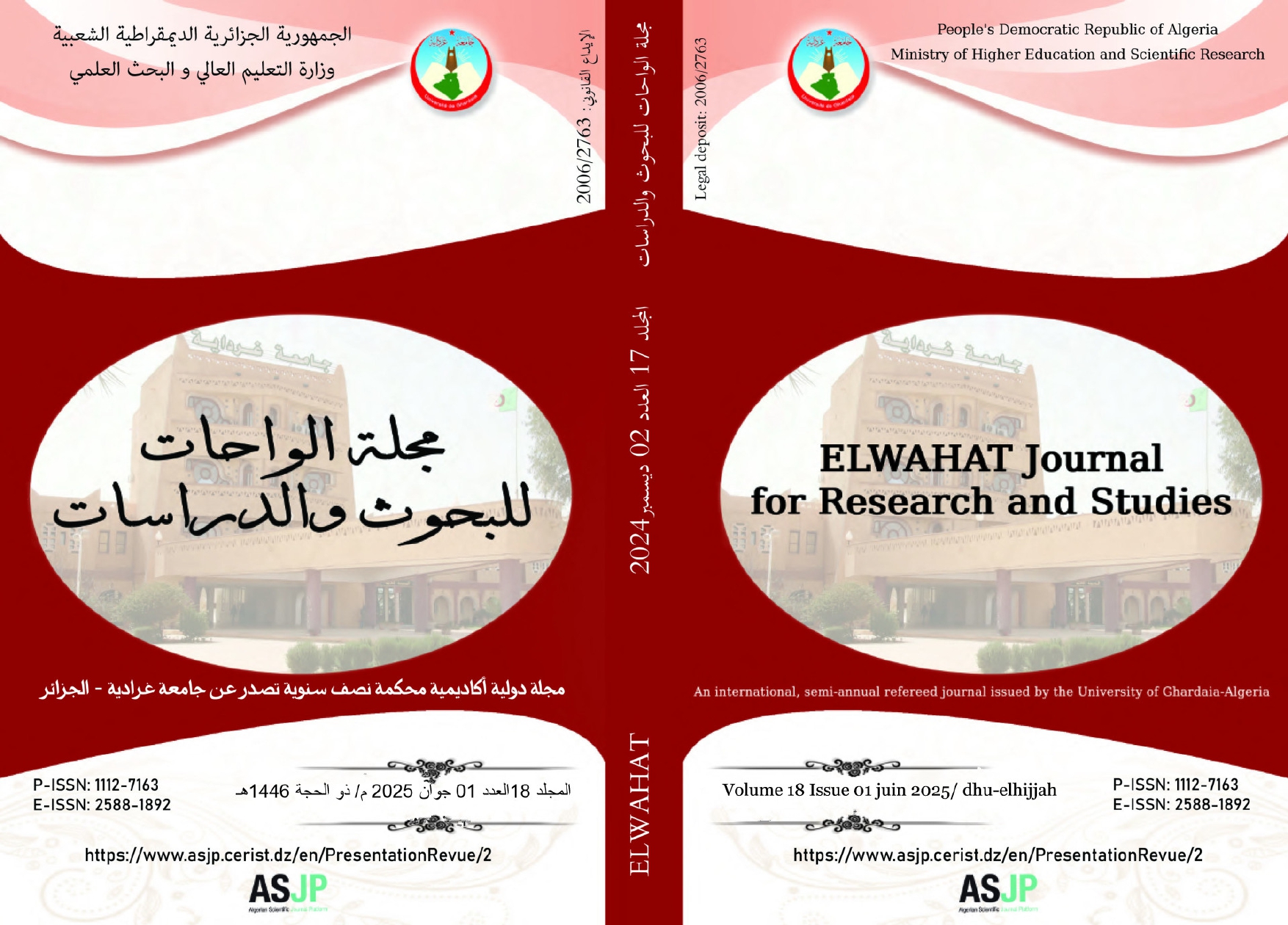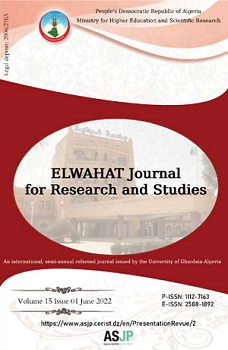Multilingualism, Diglossia, and EFL Struggles: Teaching English in Algeria’s Primary Classrooms
DOI:
https://doi.org/10.54246/jzpxye06Abstract
This study explores the challenges Algerian primary school pupils face in learning English as a Foreign Language (EFL), focusing on the influence of the country’s multilingual context and prevailing teaching practices. Using a convergent mixed-methods design, data were collected from three wilayas—Algiers, Laghouat, and Médéa—selected for their contrasting sociolinguistic environments. Quantitative findings from pupil surveys (n = 180) and basic assessments, along with qualitative data from classroom observations and interviews (12 teachers, 18 pupils), revealed that vocabulary and pronunciation are major areas of difficulty, worsened by limited exposure to English outside school. Regional contrasts were evident: pupils in Laghouat showed more enthusiasm for English, while those in Algiers leaned toward French. The concurrent introduction of French and English was linked to cross-linguistic interference and cognitive overload, especially in under-resourced classrooms. Teaching remained largely traditional, with minimal use of communicative or learner-centered approaches. Teachers across regions called for more training and support. The study recommends flexible curriculum reforms, multimodal materials, and teacher development aligned with learners’ linguistic realities. These findings offer practical implications for early EFL instruction in multilingual, postcolonial contexts like Algeria.
Keywords: English as a Foreign Language, Algeria, multilingualism, primary education, language acquisition, teacher practices, language policy







